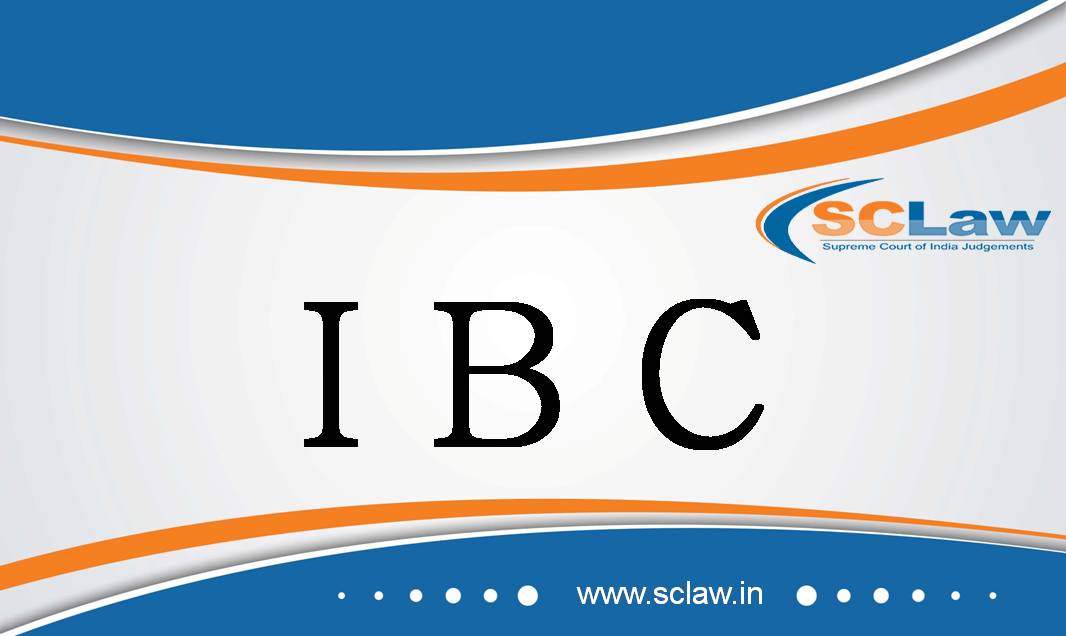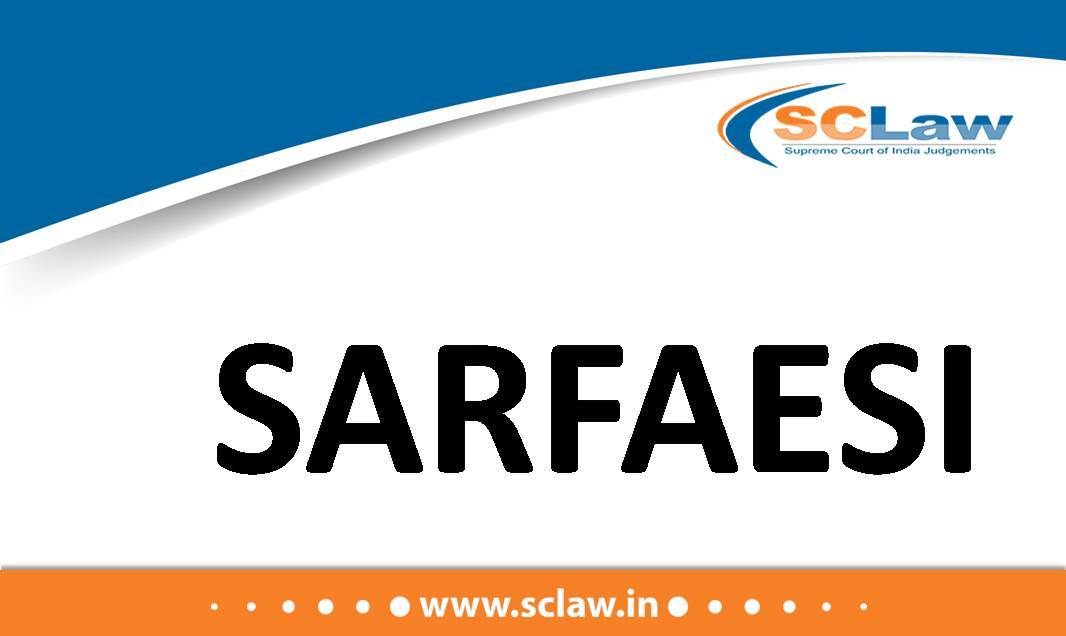The NCLAT upheld the CoC’s decision to distribute the proceeds on a pro-rata basis and dismissed the appellant’s appeal – Overall, the NCLAT’s decision balanced the interests of the dissenting financial creditor (DBS Bank) with the need for a fair and equitable distribution of proceeds under the resolution plan.
SUPREME COURT OF INDIA DIVISION BENCH DBS BANK LIMITED SINGAPORE — Appellant Vs. RUCHI SOYA INDUSTRIES LIMITED AND ANOTHER — Respondent ( Before : Sanjiv Khanna and S.V.N. Bhatti, JJ.…



